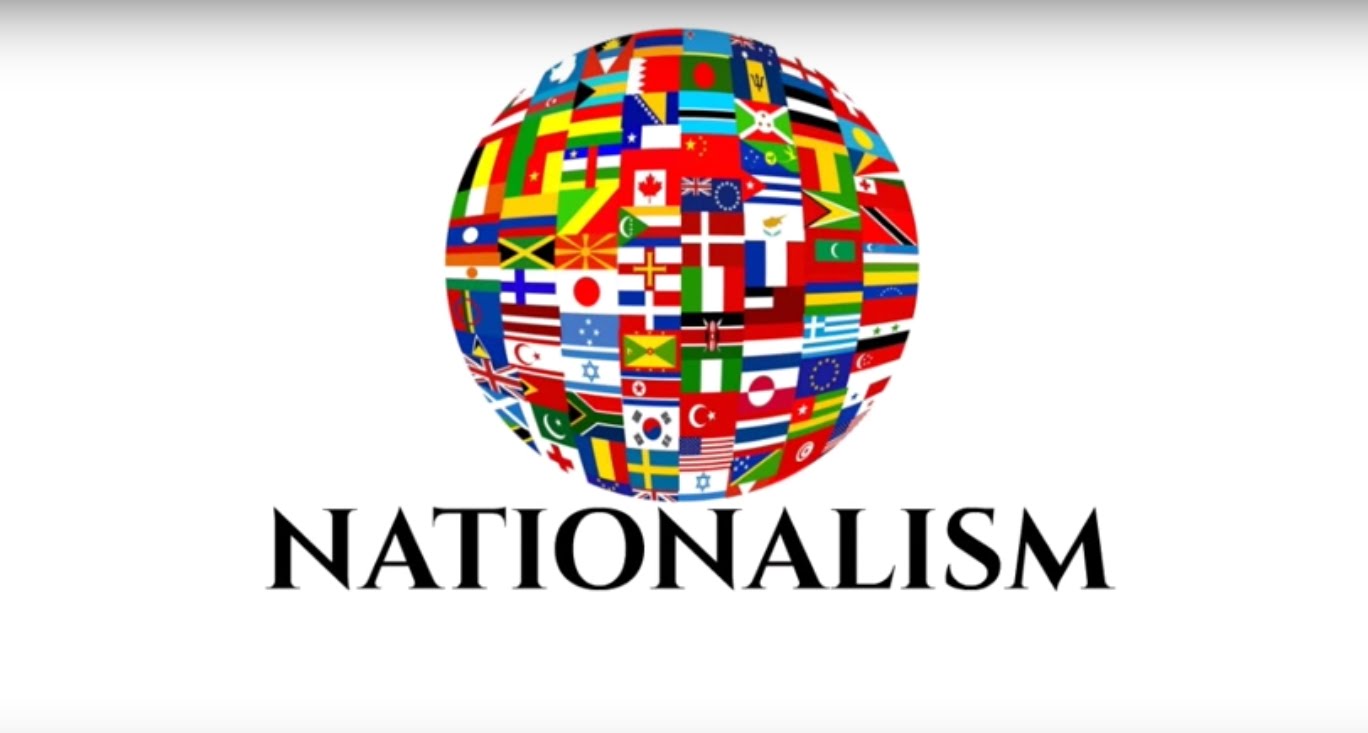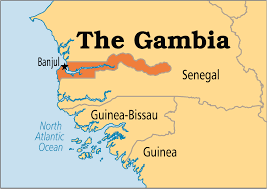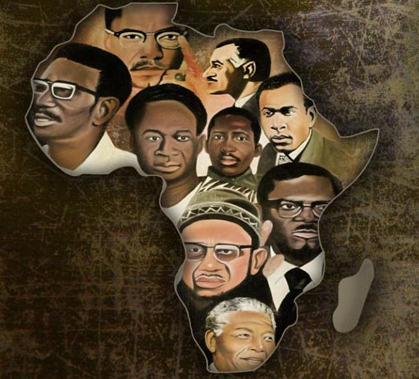Francis Fukuyama, an American Political Scientist, was amiss when he asserted after the collapse of Soviet Union as: ‘ Humanity has reached the end of history, because the only system of beliefs left standing is liberal, democratic capitalism’.
His assertion had glossed over nationalism whose feature of fecundity lends it an ageless character of regrowth. Nationalism can regrow anywhere, anytime and can stir the soul of people. Against this introductory backdrop, one can easily elaborate the eventful rise of nationalism in the World Arena.

Self-determination Era

Nations are aflutter in demanding the inborne right of self-determination: Biafra in Nigeria, Catalonia in Spain, Scotland in Britain and Kurdistan in Iraq. The common cause of civilisation based on liberalism; chartered by US through free economy, democracy and human rights; is now fading away. National and far-right fronts have taken power in Poland, Austria, Hungary and Czech Republic. Recep Tayyip Erdogan, in a recent reactionary move, directed the Ankara metropolis to name UAE embassy street after Fahireddin Pasha, commander of Ottoman caliphate of Madina in 1916. China seems to be in the imperialistic mood of establishing Middle kingdom under the title of Belt road initiative. India is the hotbed of Hindutva. Russian President Putin is glorifying Tsar. The most relevant example, howsoever more perplexing, is the nationalistic upsurge in United States of America wherein Angry Trump is championing the trope of ‘ make America great Again’ with vitriolic moves.
The presumptive guardian of Historical end, as proposed by Francis Fukuyama, US is itself going off the tangent. Brexit indicates the nationalistic turn in England.
The deep-seated paranoia held by Europeans against immigrants signifies the disdain towards universalism.
People don’t want to be the hostages of globalisation anymore. The classification of ‘ Absolute winners’ and ‘ Absolute losers’ induced by internationalism is compelling them to rake over the past glory.
What is the major reason behind the disillusionment of people with internationalism? Answer to this question is present in the warning exerted by British Historian Tony Judt: ‘ we have entered an age of insecurity; economic insecurity, physical insecurity, political insecurity ‘. These insecurities are bringing out nationalist spirit in people. Keeping these facts in view, one can say that game of Nations is likely to hit back the world. Because democratic ideals and values, though Americanized, are encircling people across the world by the rational fear of poverty, exploitation and throwaway from the boat where working classes could reside alongside elites. They want protectionist policies whereof inroads of big powers into their sovereignty would be stopped. This is something that should be generalized as ” Return of Geopolitics”.
United Nations and Western Universalism
United Nations, the masterstroke of western universalism, has now become a mere debating society of apologetic smiles. A diplomat from a powerful country can boastfully shows tantrums by saying that we will be taking names because his/her country feeds that organisation through globalisation and he who pays the piper, calls the tune. 

These widespread feelings of helplessness in smaller countries against big powers are giving rise to narcissistic attitude that has propensity for history , culture and race rather than for free economy and supply-side reforms.
A stable world order carved out after second world war is now playing out in a wrong direction. Communities are feeling marginalized and betrayed at the hands of universalistic doctrine. What all can be done to prevent this probable instability, should in fact be based on the conscionable distribution of resources. Indigenous people living in resources-rich area must be given the first and foremost share.
Suhail Khan Mandokhel
Lahore, Pakistan
Student of Law at University Law college, Lahore.
Twitter.com/SuhailMandukhel







